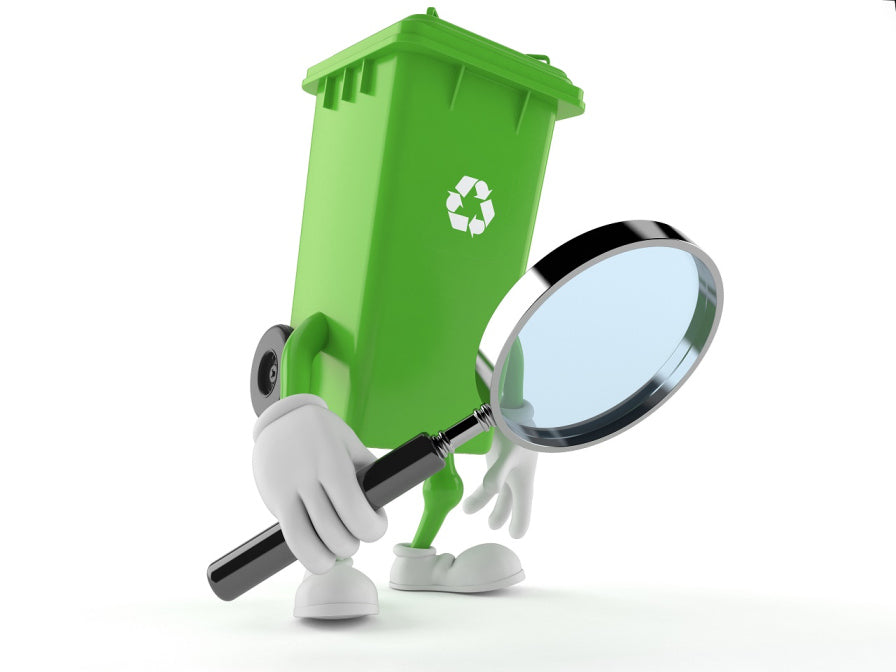Why not add these to compliment your wheelie bins?
Your basket is currently empty.
Shop NowBest Price Wheelie Bins Guaranteed! Find the same bin for a cheaper price and we will beat it!

Binmen could soon be inspecting your wheelie bins, giving advice on recycling, and even issuing fixed penalties to people who fail to recycle correctly.
This is set to happen in Birmingham, where refuse collectors have been given a new job title of ‘waste reduction and collection officer.’
The council have stated that they will be educating the public on recycling, going from door to door to inform residents of what should and shouldn’t be going into their recycling bins.
The city is one of the 10 worst performing local authorities for recycling, and they only recycle 22% of rubbish. The council estimate that they can save £1.6 million per year for every 10% increase in the recycling rate.
The council have also set some new targets, including:
• Reducing general household waste by 18 per cent
• Reducing missed bin collections from 204 per 100,000 households to 52 per 100,000 households
• Increasing paper recycling
• Reducing food waste through educating residents to reduce and reuse
The recycling mistakes people make
Most of us know how important it is to recycle, yet some of us will also admit to being a bit lazy when it comes to making sure we do it correctly 100% of the time. And every council has different recycling rules so it can get a little confusing. Here are the most common recycling mistakes that people make:
Putting plastic bags in the recycling:
They can be difficult to sort and clean during the recycling process.
Keeping lids on containers:
Plastic caps from bottles should go in the bin, but larger metal lids should be included in recycling.
Putting non-recyclable glass in with the recycling:
Jars and bottles can usually be recycled, but items like light bulbs, mirrors and window glass are not usually accepted.
Putting greasy food packaging in the recycling:
Boxes or paper covered in grease will not be accepted for recycling as it can impact upon paper quality.
Pouring liquids into the recycling:
If you throw away liquid, it may contaminate other recyclable materials.
Removing labels from containers and tins:
There’s no need to do this, as labels are removed using heat during the recycling process.
Being unfamiliar with local recycling rules:
Most local authorities have rules and information about recycling online. Make yourself familiar with these, so it’s less likely that you’ll recycle items incorrectly. Many councils are cracking down on people who fail to recycle correctly, and the more waste that is needlessly discarded, the more goes to landfill at a cost to us and the environment.